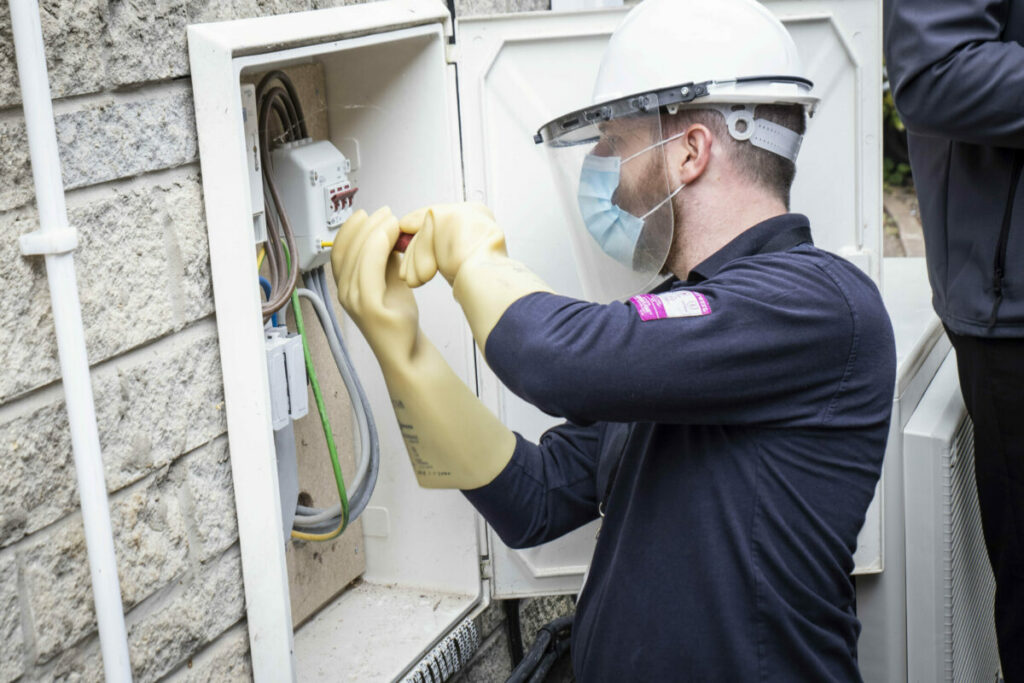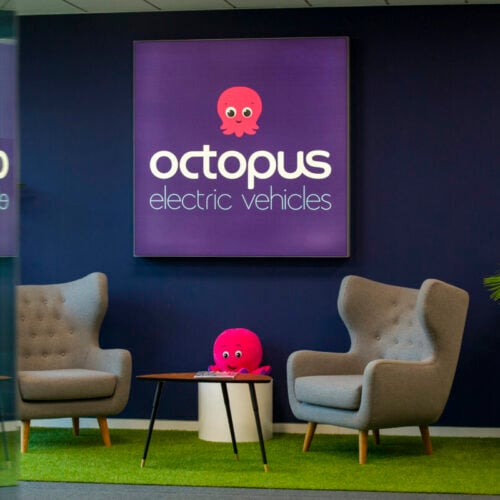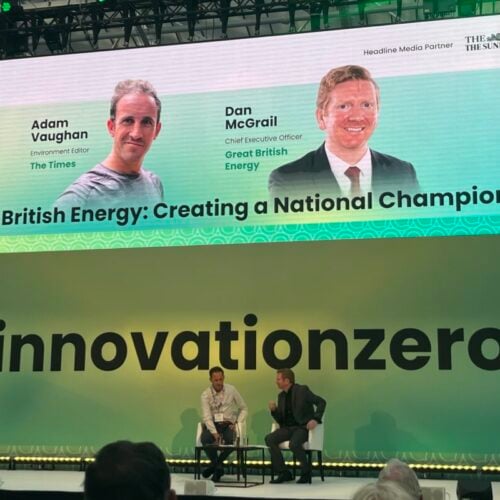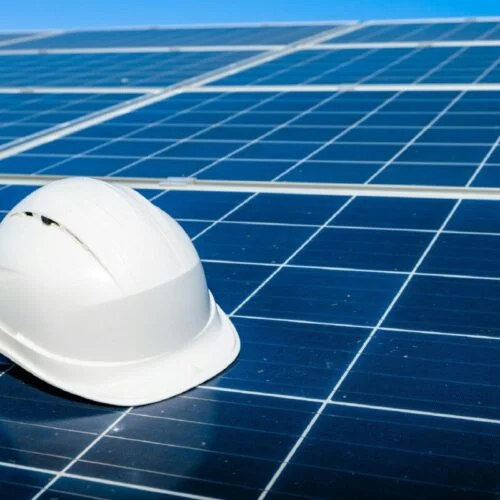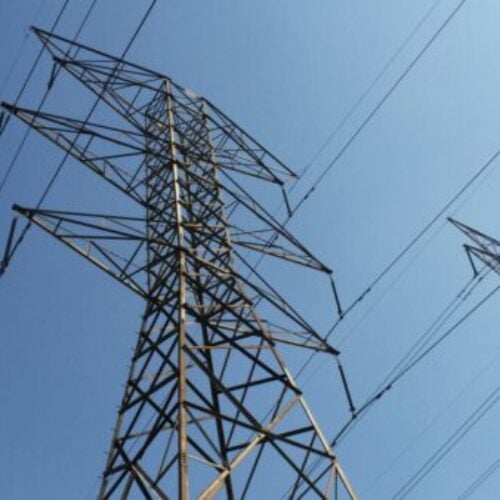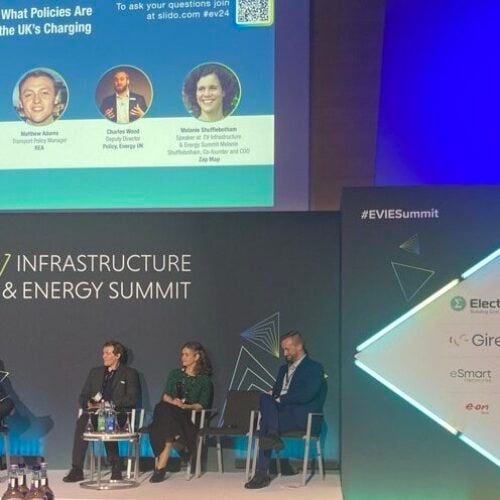Research from the Energy and Climate Intelligence Unit (ECIU) has found that UK households which use heat pumps and electric vehicles (EVs) use less imported energy.
A typical household using a gas boiler and petrol car will be dependent on imports for almost 70% of its energy, equivalent to 17MWh a year.
A home insulated to EPC C standards, using a heat pump and an electric car, will use less than half (45%) of the energy imports of a household with a gas boiler and a petrol car, at around 7.5MWh a year.
Additionally, homes with a heat pump, electric car, and solar panels would use around a third (36%) of the fuel imports of a typical home – 6MWh a year.
To put it into perspective, approximately 60% of the gas that we use is imported, and 8-10% of the petrol used in the UK in recent years was refined in the UK using oil produced in the UK. Therefore, homes that run a diesel car and use oil rather than gas boilers are almost 90% import dependent.
Conversely, heat pumps are manufactured at various sites in the UK, including those made by Kensa in Cornwall, Vaillant in Derbyshire, Octopus Energy in Northern Ireland, and Mitsubishi Electric in Scotland.
Fully electric Minis are made in the Oxford area, and production of the new generation of fully electric Nissan will start in Sunderland in 2026.
“Those who want to be ‘energy patriotic’ and buy British homegrown energy should be switching from gas boilers and petrol cars to electric heat pumps and EVs that increasingly run on British wind and solar energy,” said Jess Ralston, energy analyst at the Energy and Climate Intelligence Unit.
“The government has increased the grant for heat pumps, but then cut other policy under intense lobbying pressure from gas boiler manufacturers, which likely means fewer heat pumps sold, leaving households and the UK more dependent on foreign gas.”
Overseas reliance
The UK has dealt with issues surrounding imported gas since the onset of the energy crisis, later exacerbated by the Ukraine-Russia conflict.
The ECIU documented and analysed the decision around these issues and, in February 2024, revealed that the UK has spent an additional £75 billion on wholesale gas over the past two and a half years.
The UK’s pre-crisis wholesale gas cost would usually amount to between £10-15 billion per year, but the ECIU found that the UK spent £105 billion in total since wholesale gas prices began to rise two and a half years ago.
The majority of this cost, the ECIU noted, accumulated after Russia invaded Ukraine on 24 February 2022; since then, the UK has spent £85 billion on gas, an extra £60 billion.
Roughly £50 billion of this was spent buying gas from overseas, a trend that will continue with or without new gas licenses as the North Sea Transition Authority has confirmed that North Sea production will continue to decline.
However, this is not the first time the ECIU has noted the impact of renewable technologies in reducing the UK’s dependence on imported gas.
For example, in January 2024, the research group highlighted that there are currently 1 million EVs on British roads, with 5.3 million expected to be added by the beginning of 2030 under the Zero Emission Vehicle (ZEV) mandate – the same period that newly licenced North Sea fields could be producing oil.
According to the ECIU’s analysis, these 6.3 billion EVs would limit imports for petrol consumption by as much as these new licenses could, eventually providing a further reduction as EV sales grow to the 2035 deadline by which all new cars and vans sold must be electric under the ZEV mandate.
